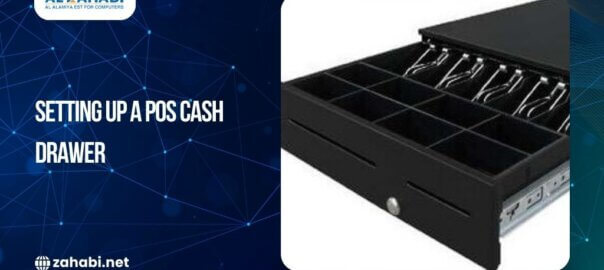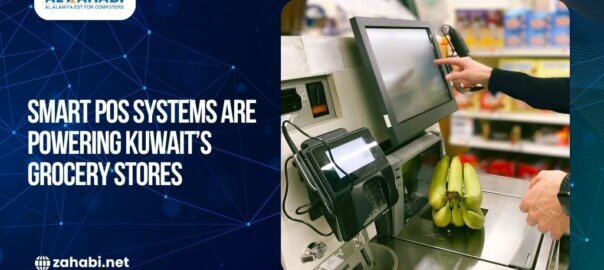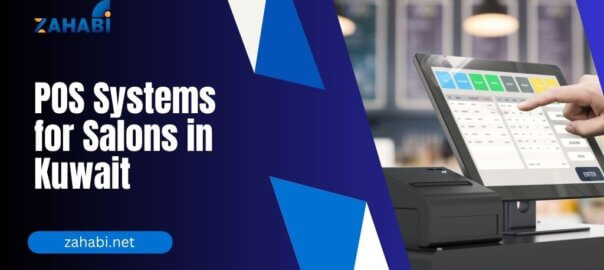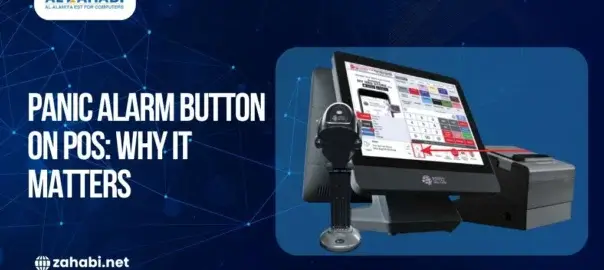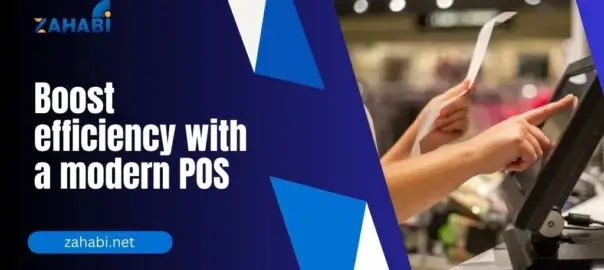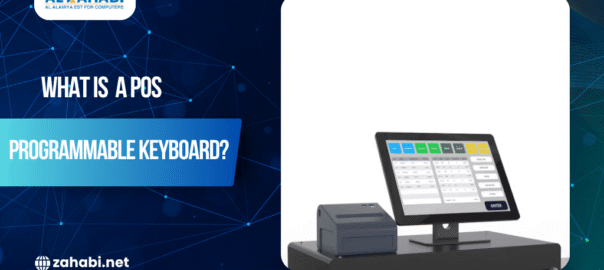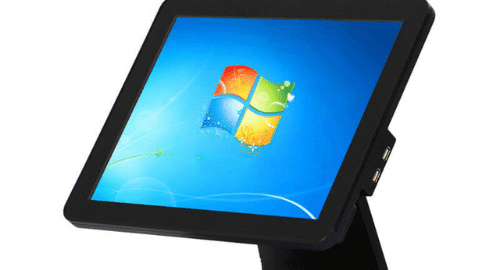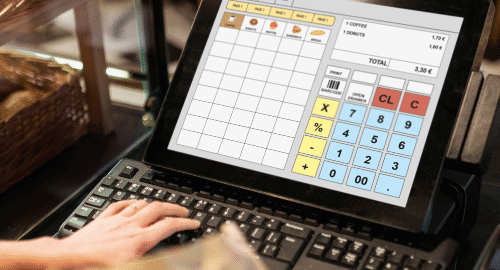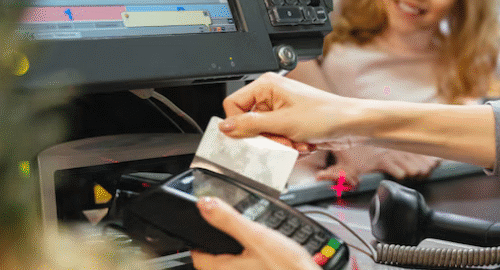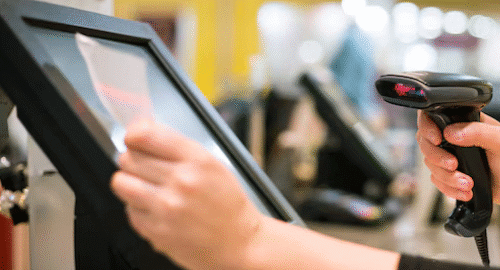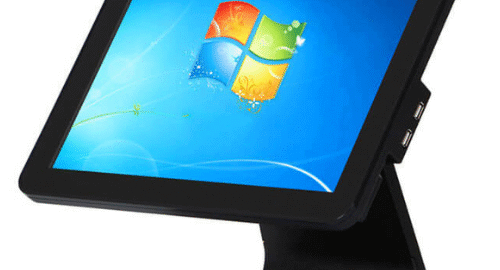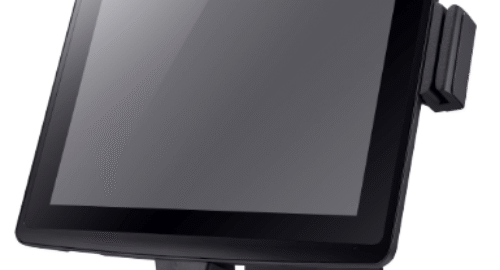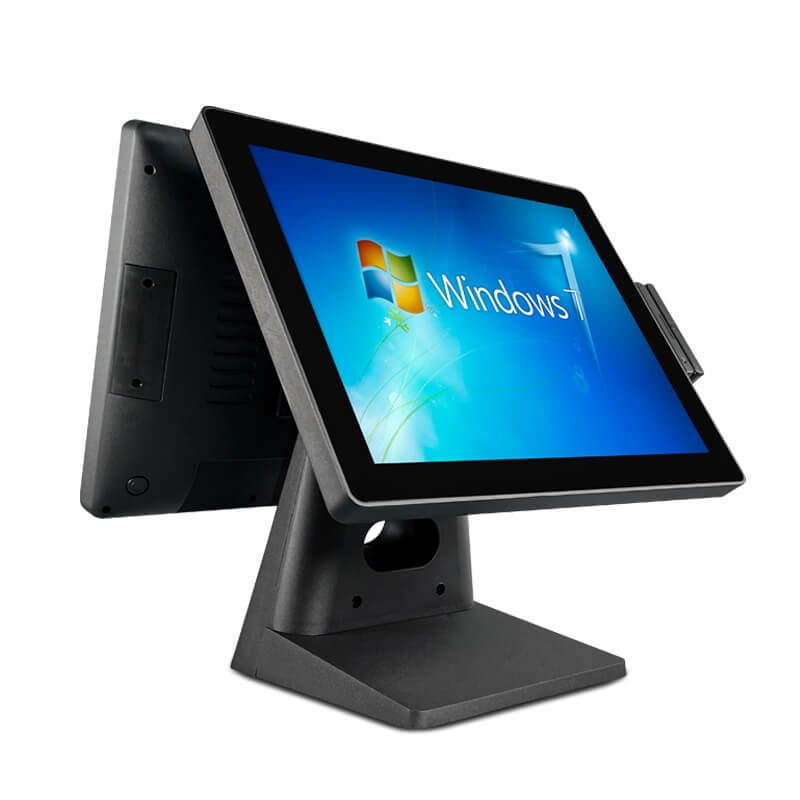
Modern businesses operate in a highly competitive environment, where technology is a key source of advantage. A reliable Point of Sale (POS) system in Kuwait helps businesses run operations smoothly, process payments quickly, manage inventory accurately, and deliver a better customer experience. For retailers, restaurants, and service businesses, investing in the right POS machine can significantly improve both daily performance and long-term growth.
What Is a POS System?
A POS system is a combination of hardware and software that helps businesses handle sales transactions and manage operations. Typically, it includes a POS machine (the physical device used to complete payments) plus software that tracks sales data, inventory, customer information, and employee activity.
Many businesses in Kuwait are adopting POS systems not only to speed up transactions, but also to improve overall business management and reporting.
How POS Features Drive Business Efficiency
A modern POS system integrates with nearly every part of a business, connecting sales, inventory, customer data, and reporting in one place. It records each transaction in real time, automatically updating stock levels, capturing customer information, and feeding data into analytics and accounting tools. This integration helps owners track what is selling, who is buying, and how the business is performing, without needing multiple disconnected systems. As a result, decisions about pricing, purchasing, staffing, and marketing become easier, faster, and more accurate.
The core features given below will help you understand how they support better accuracy, faster service, and more informed decisions.
Faster and Efficient Transactions
One of the biggest advantages of having POS machines in Kuwait is faster, more efficient transaction processing. Modern POS machines support multiple payment methods, including cash, credit and debit cards, and mobile wallets, giving customers the freedom to pay the way they prefer.
The system automatically calculates totals, taxes, and discounts, which reduces human errors at checkout. This means staff can serve more customers in less time, queues move faster, and both sales and customer satisfaction are likely to increase.
Smart Real-Time Inventory Management
This is especially important in retail businesses, where inventory control is critical. A POS system in Kuwait can help businesses track inventory more efficiently by automatically updating the record of each stock sold. Thus, real-time tracking identifies which products sell in volume and which do not, allowing businesses to make more informed restocking and promotion decisions.
The inventory alerts can be set up within the POS system itself, where in case of low stock, managers are intimated. This would avoid selling lost stocks due to non-availability. In such a case, reports on the movement of inventory also help in understanding trends or waste optimization and optimal levels of stock.
Data Drive Decision-Making
A strong POS solution offers powerful reporting tools that turn sales and operational data into useful insights. Business owners in Kuwait can generate reports on:
- Daily, weekly, and monthly sales
- Best-selling products
- Customer buying patterns
- Employee performance
These reports and data can be used for strategic decision-making purposes, such as price adjustments, planning marketing campaigns, or scheduling shifts among staff.
As such, organizations determine peak sales times based on detailed reports, understand customer preferences, and tailor their services to meet those needs. With the analysis of sales data and trends, organizations can create more targeted and effective business strategies, thus maximizing profitability.
Better Customer Relationship Management
Many POS systems include built-in customer relationship management (CRM) features that store customer details and purchase history. This allows businesses to personalize the shopping experience with:
- Tailored product recommendations
- Loyalty points and reward programs
- Targeted promotions and follow-up messages
In Kuwait, where customer service and long-term relationships are highly valued, a POS system that supports loyalty programs and personalized offers can significantly improve customer retention and engagement.
Enhanced Security and Compliance
Security is a major concern for any business handling sensitive payment data. Modern POS machines in Kuwait are equipped with advanced encryption and security features to protect transaction information from fraud and unauthorized access.
A secure POS system also helps businesses comply with local data protection regulations and avoid legal or reputational risks. Using trusted, compliant POS hardware and software builds confidence for both business owners and customers.
Scalability and Flexibility
As a business expands so do the needs. For growing businesses in Kuwait, a scalable POS system means that they ensure operations stay efficient and manageable, regardless of their size or complexity.
A scalable POS system in Kuwait allows owners to:
- Add new payment terminals or locations
- Integrate with third-party tools (e-commerce, accounting, delivery apps, etc.)
- Expand product catalogs and user accounts easily
Most POS systems offer mobile capability, so that businesses may process sales and monitor operations from virtually anywhere. This is particularly useful for small businesses or vendors who operate at different locations, such as marketplaces or events.
Conclusion
A POS system is far more than a payment processor. It is a complete business tool that supports sales, inventory management, customer relationships, data security, and decision-making. For businesses in Kuwait, adopting a modern POS system or POS machine can lead to more efficient operations, improved customer experiences, and stronger profitability.
As competition continues to increase, companies that invest in the right POS technology and use its full capabilities will be better positioned to succeed in Kuwait’s dynamic market.

